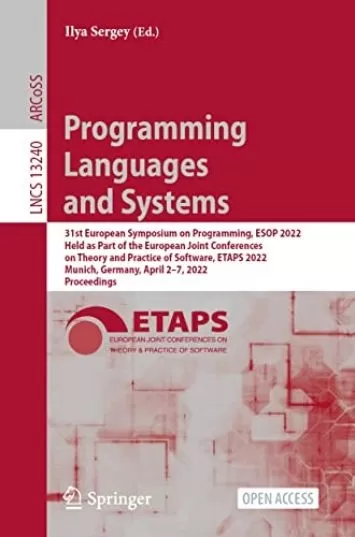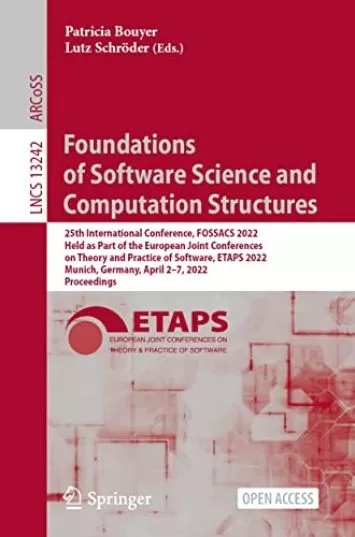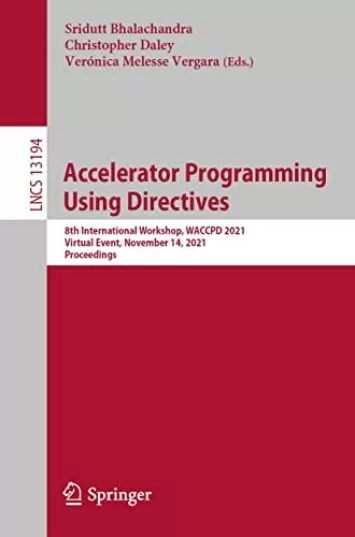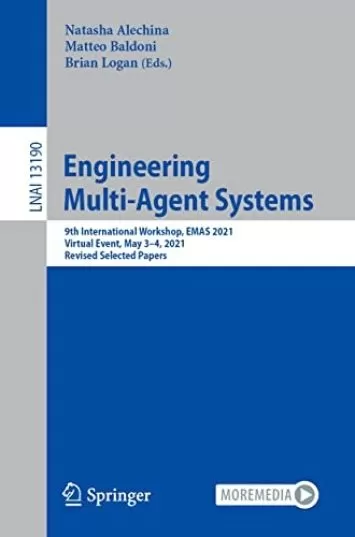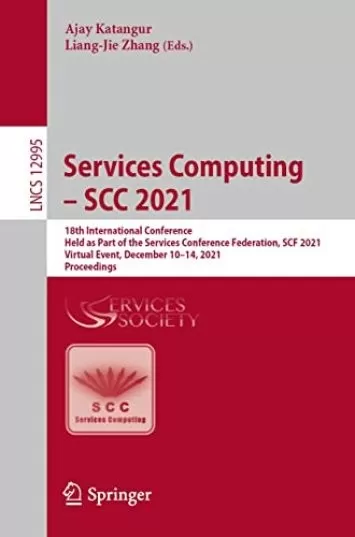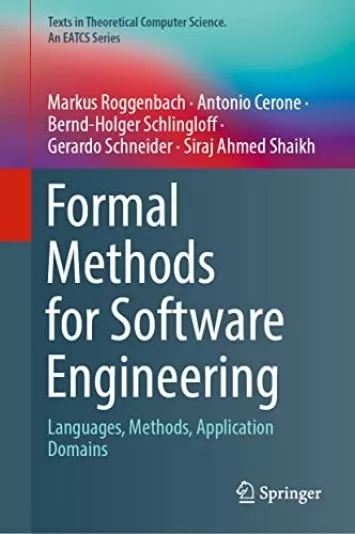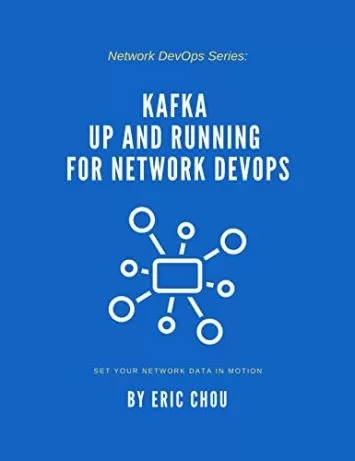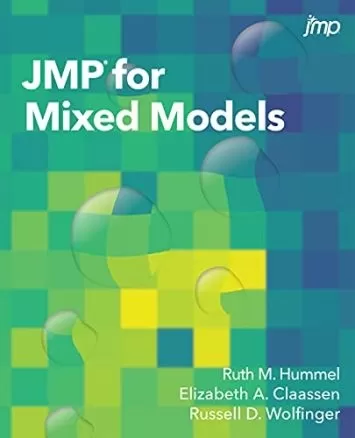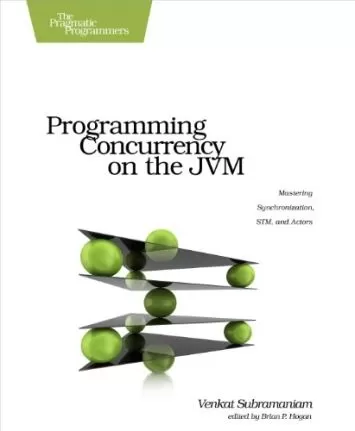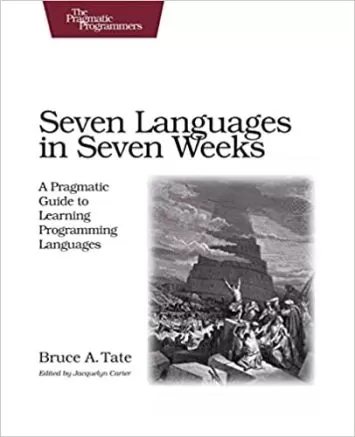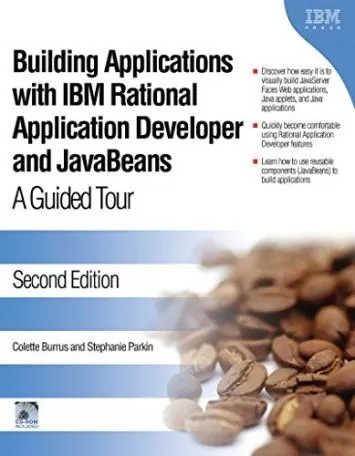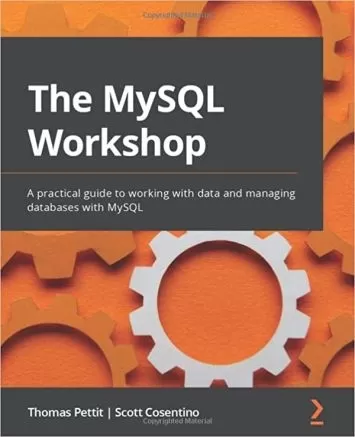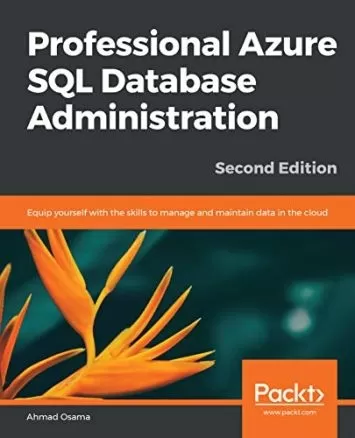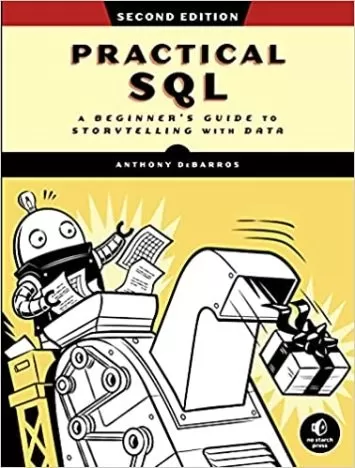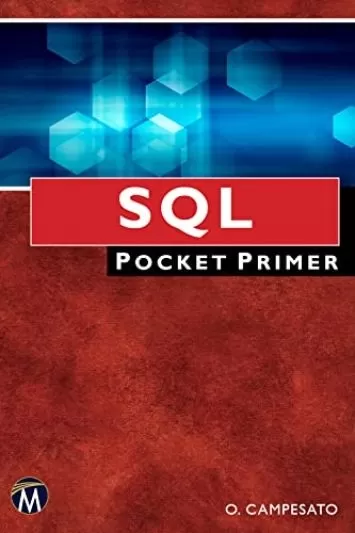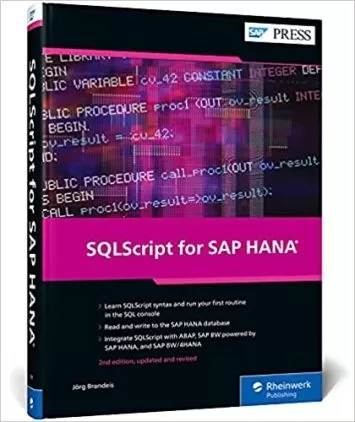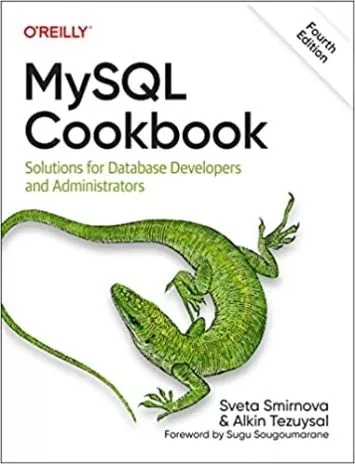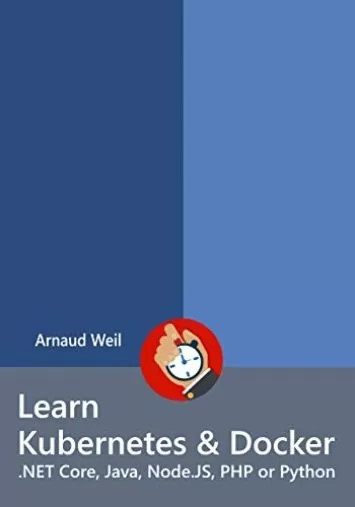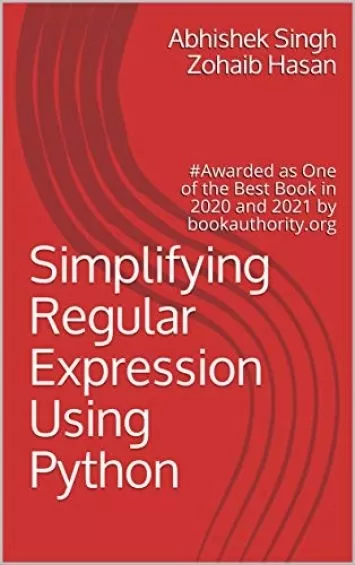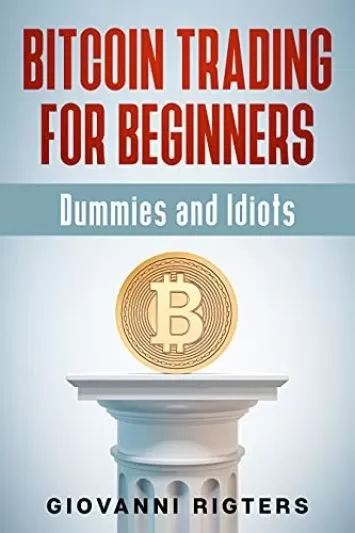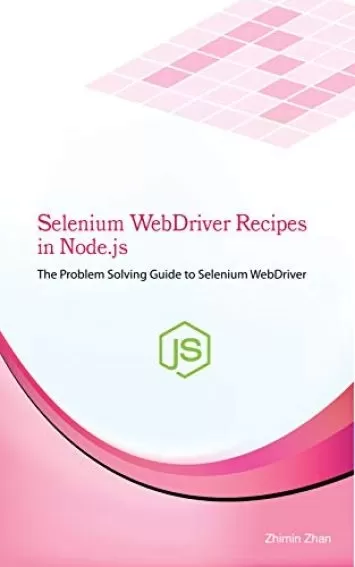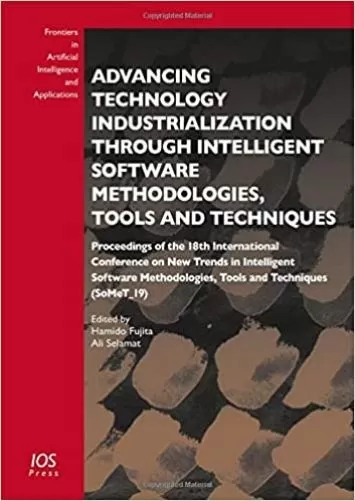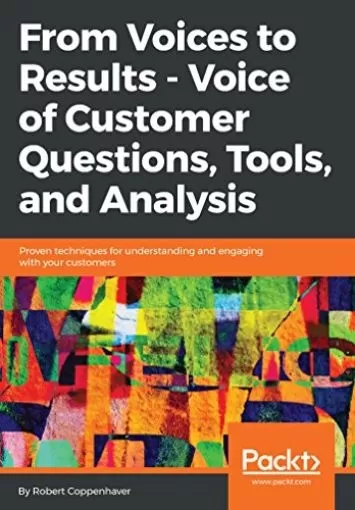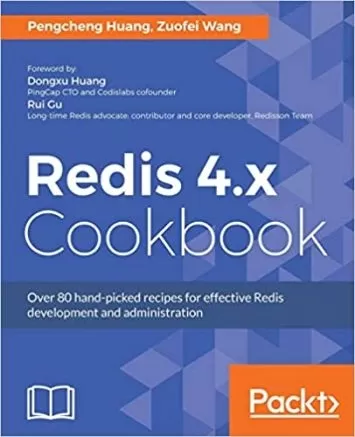
The SQL Workshop: Learn to create, manipulate and secure data and manage relational databases with SQL
Category
Publication
Packt Publishing
Many software applications are backed by powerful relational database systems, meaning that the skills to be able to maintain a SQL database and reliably retrieve data are in high demand. With its simple syntax and effective data manipulation capabilities, SQL enables you to manage relational databases with ease. The SQL Workshop will help you progress from basic to advanced-level SQL queries in order to create and manage databases successfully.
This Workshop begins with an introduction to basic CRUD commands and gives you an overview of the different data types in SQL. You'll use commands for narrowing down the search results within a database and learn about data retrieval from single and multiple tables in a single query. As you advance, you'll use aggregate functions to perform calculations on a set of values, and implement process automation using stored procedures, functions, and triggers. Finally, you'll secure your database against potential threats and use access control to keep your data safe.
Throughout this Workshop, you'll use your skills on a realistic database for an online shop, preparing you for solving data problems in the real world.
By the end of this book, you'll have built the knowledge, skills and confidence to creatively solve real-world data problems with SQL.
About the Author
Frank Solomon started out building front-end and database software with Microsoft stack tools such as SQL Server and ASP and then extended into ASP.NET, C#, VB.NET, JavaScript, and more. He learns about new products, languages, and technologies all the time, and he pushed into technical writing as a way to present and express his research and discoveries. He works as a contractor right now. He has worked in start-ups himself, and he knows that the hard work of writers and developers makes the end user experience easier.
Prashanth Jayaram is a database technologist, blogger, engineering lead, automation expert, TechNet wiki ninja, PowerShell Geek, and technologist enthusiast with extensive experience in designing database solutions. He is the author of PowerShell 6.0 Linux Administration Cookbook and has hands-on experience with the next generation database technologies. He has been awarded as ABOVE and BEYOND and Best SQL Author 2018 towards his contribution to SQL Server technology. He has articulated over 200+ articles widespread across SQL, NoSQL, PowerShell, Python, SQL on Linux, SQL on Azure, and SQL on AWS arenas.
Awni Al Saqqa is a Microsoft Technology Specialist in MS SQL Server and a certified solutions developer since 2007. He has over a decade of experience with database development and administration on SQL Server, Oracle, and MySQL. He is a solutions architect, who is hands-on in many enterprise projects for different business sectors, such as education, hospitality, retail, manufacturing, marketing, and more, which has given him the perfect combination between business and technical experience.
- Create databases and insert data into them
- Use SQL queries to create, read, update, and delete data
- Maintain data integrity and consistency through normalization
- Customize your basic SQL queries to get the desired output
- Refine your database search using the WHERE and HAVING clauses
- Use joins to fetch data from multiple tables and create custom reports
- Improve web application performance by automating processes
- Secure a database with GRANT and REVOKE privileges
This Workshop is suitable for anyone who wants to learn how to use SQL to work with databases. No prior SQL or database experience is necessary. Whether you're an aspiring software developer, database engineer, data scientist, or systems administrator, this Workshop will quickly get you up and running.
- Introduction to SQL
- Manipulating Data
- Database Normalization
- The SELECT Statement
- Shaping Data with the WHERE Clause
- JOINS
- Taking Queries to the Next Level
- SQL Programming
- Security
- Aggregate Functions
- Functions and Transactions








